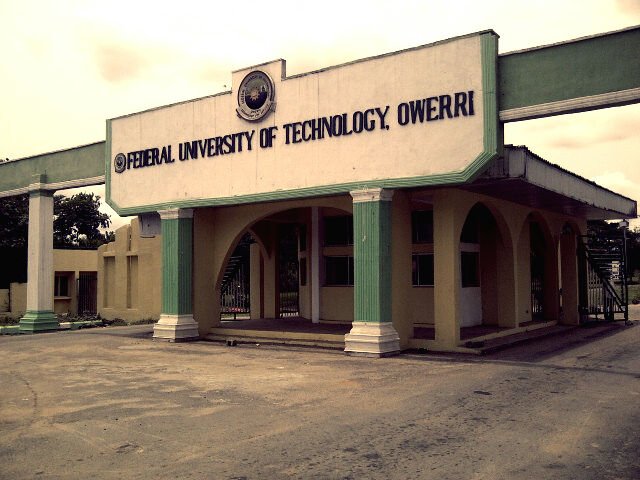Federal University of Technology (FUTO), is the Oldest University of Technology in Nigeria. It was established in 1980 by Executive fiat with the composition and appointment of the first provisional Council by Nigeria’s First Executive President, Shehu Shagari. It became the first of three such Universities set up by the Federal Government of Nigeria which sought to establish a University of Technology in each geo-political region and particularly in a State which did not have a conventional University.
Public health in FUTO falls under the School of Health Technology, a highly respected faculty with highly trained Experts/ Academics working within a variety of clinical and non-clinical departments. The school consists of departments such as Optometry, Public Health, Dental Technology, Biomedical Technology, Prosthetics, and Orthotics.
At the Federal University of Technology, Owerri, the public health curriculum is built on the major tenets of Public Health Science and in accordance with the National Universities Commission’s (NUC) Basic Academic Standards (BMAS). It is drawn from a vast spectrum of disciplines and knowledge areas including but not limited to epidemiology, biostatistics, social sciences, basic & applied sciences, humanities, physiology and anatomy, community medicine, law and ethics, computer science and application, management, pharmacology, etc.
Through a combination of practical experience and academic rigor, programmes in public health prepare graduates and equip them with the required knowledge and skills”.
However before you are admitted to study Public Health Technology in FUTO, you ought to have scored high in JAMB and have also passed the cut-off mark necessary for one to gain admission into the course in question. To be on the safer side, you need to target at least a score of 200 and above in your JAMB result for you to have a high chance of gaining admission into any of the universities in Nigeria. FUTO requires at least an ‘A’ level passes not below ‘C’ in any two (2) of Physics, Chemistry, and Biology. Accepts ND/HND upper credit in Health-Related programme plus the UTME requirements. It does not accept first degree or NCE.
The Duration of public health technology programmes in FUTO is five academic calendar years, provided there are no strikes and the students fulfill all the requirements for the award of the appropriate degree. FUTO courses are designed so that students first acquire an integrated understanding of science courses that allow them to shape their subsequent studies towards the topics that interest them the most.
Public health graduates have numerous career options depending on their educational attainment, experience, and specialty. They take careers with the government, state and community public health agencies, consulting firms, research organizations, universities, hospitals, and nonprofits. They may work for international or overseas health organizations, counseling centers, nutritional education organizations, or large industrial firms. There are also opportunities to coordinate services with law enforcement officers or first-responders to facilitate emergency or disaster planning and policies.
It is important to note that virtually all public health professionals across a wide range of careers depend on effective written and verbal communication to succeed. For example, health educators depend on communicating clearly with their students. Health program designers and evaluators must present their proposals in straightforward, comprehensible terms. SEE: Universities & Schools Offering Public Health in Nigeria






